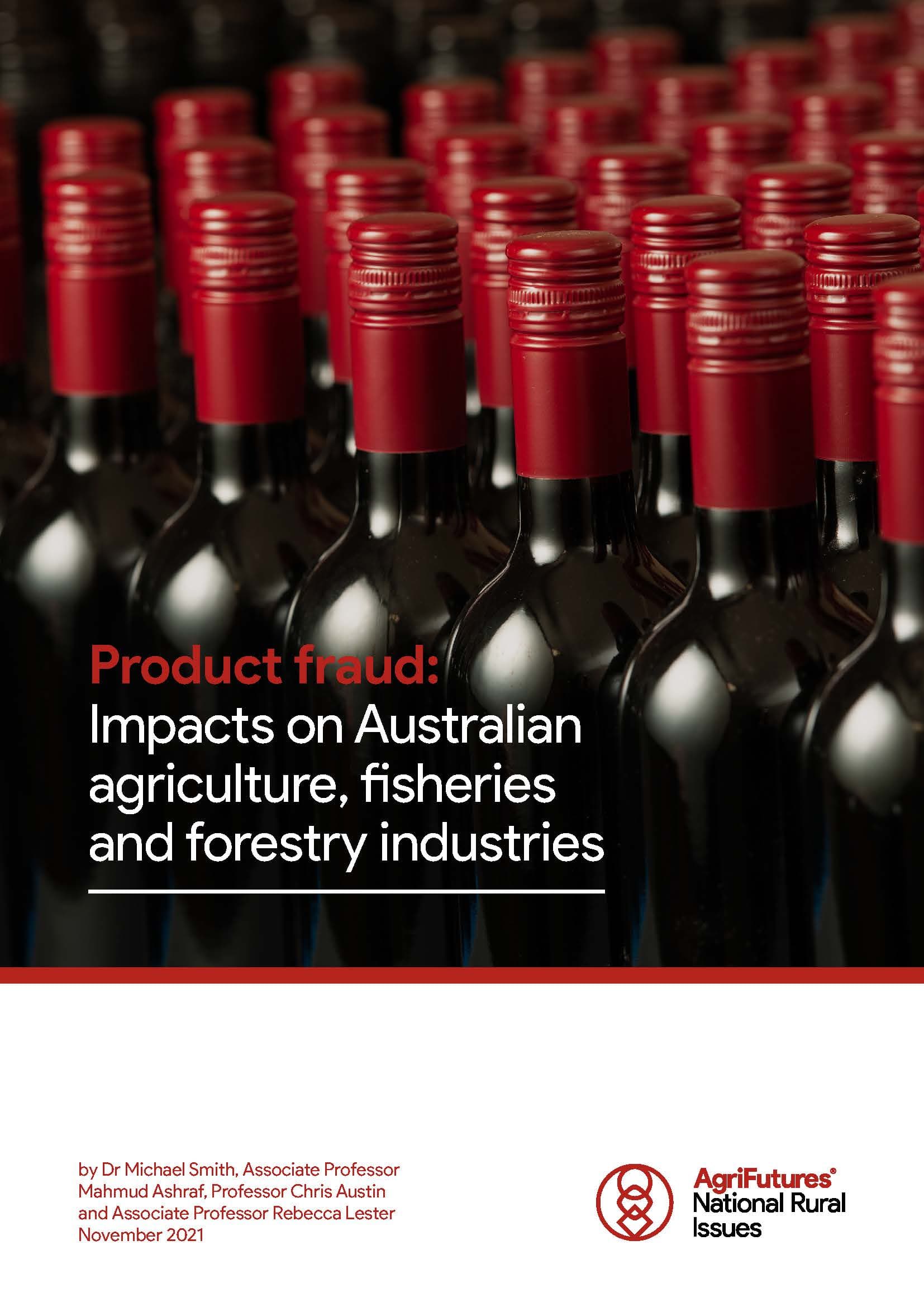Australia’s food and fibre products are highly vulnerable to food fraud. In particular, beef and veal, wine, fish and molluscs are identified as high risk, with an estimated combined economic cost of between $700 million and $1.3 billion a year. The economic cost of fraud in the sheep meat, dairy products, wheat, wool and horticulture sectors is estimated to cost the sector another $400 million to $700 million annually.
Combined, these figures represent a significant challenge for the sector and are a serious blow to producers who work hard to produce sustainable, quality food and fibre products for domestic and international consumers. Fraudulent practices are undoubtedly putting a dent in Australia’s global reputation as a food producing powerhouse.
The new insights are part of research commissioned by AgriFutures Australia to quantify the size of the product fraud problem facing Australia’s rural industries and to highlight opportunities, both domestically and internationally, to combat it.
The Deakin University report, titled Product Fraud: Impacts on Australian agriculture, fisheries and forestry industries, found that most losses can be traced to six fraudulent practices: adulteration, concealment, counterfeiting, dilution, mislabelling and substitution.
Put simply, product fraud deceives consumers by providing them with a lower quality product against their knowledge. Incidents of product fraud are commonly linked to shortages or constraints in the supply of raw ingredients.
AgriFutures Australia Manager, Rural Futures, Georgie Townsend, pointed out that ultimately it is producers and businesses along the supply chain who lose out through lower returns and risks to brand reputation.










